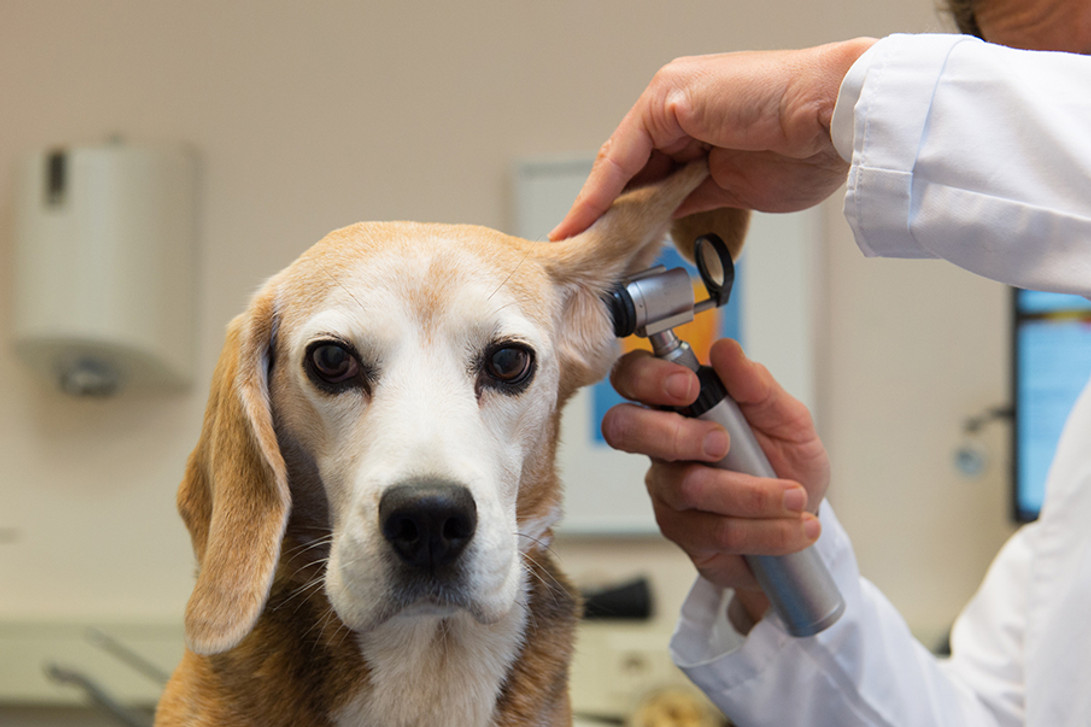
One of the biggest challenges for anyone running a veterinary care practice is ensuring that clients remember appointments and actually follow through with them. Cancelled and missed appointments can be costly to a clinic, and they also can pose risks to the health of the animals. A small nudge to the client can be helpful, but such an approach also requires a certain level of tact in order to avoid being pushy. Let’s take a look at five simple ways you can remind clients of upcoming vet appointments.
1. Reminder Cards
Providing a reminder card is an especially good way to see that established clients keep coming back. When a client has completed a visit, a member of your office staff can make arrangements for the next appointment and provide a card with the information, such as the time and date of the appointment. You can also include information like which doctor their pet will be seeing upon their next visit.
Reminder cards should always be properly branded for the practice, employing its logo and slogan. They should also be upbeat and visually clean. A readable, clearly branded reminder card can go a long way toward helping a practice keep appointments. Wording should always be welcoming and inviting, too. You can also obtain reminder cards that have detachable elements that allow customers to pass along your information for referrals to other potential clients.
2. Phone Calls
A quick phone call can be very helpful in reminding clients of appointments. If your practice has a cancellation policy, it’s also prudent to place the phone call before any penalties for cancellations might kick in. Clients who might have forgotten appointments and need to cancel will then have the opportunity to do so without being charged. It’s also wise to have a script available for your office staff to use in order to maintain a clear brand and stay on message.
3. Postcards
Postcards are a superb method for maintaining contact with clients. If someone has an upcoming appointment, a postcard reminder can provide all the information they need. Your practice can also keep track of special days, such as holidays, and use postcards that are tailored for the specific season. A charming postcard can put a smile on your client’s face and improve the chances they maintain their appointment.
4. Emails, Texts, and Push Notifications
Modern technology offers a lot of options for maintaining contact with customers, and you’re business can take advantage of these benefits in order to keep clients up-to-date with appointments. Texting can be very speedy, but it also offers little in the way of branding opportunities. Push notifications are like texts, but they offer additional graphical features that allow you to include logos and other visual elements. Email systems also support these features.
One thing to be aware of when using any type of electronic communication for reminders of appointments is that anti-spam laws require that all such interactions be opt-in only. The client must clearly agree to receive electronic communications. This means you need to obtain affirmative consent from the client before sending any such messages. When a new customer fills out forms to allow a pet to be treated at your practice, you can include language that encourages the client to opt-in to receive such reminders. It’s also a good idea to use language that sells the benefits of reminders and regular care for animals.
5. Labels and Stickers
Reminders can be placed on a variety of products. You can use a label or a sticker instead of a standard business card. These products allow customers to quickly place the reminder on a board, folder, piece of paper or other surface. As with other printed items that you can use as reminders, you want them to be clean and concisely worded.
Maintaining a veterinary practice means ensuring that clients make their appointments. Your brand should be consistent across all media, with phone messages containing the same slogan that appears on your reminder cards. With a mixture of appropriately targeted products and efforts, you can see that your customers’ pets get the care they need for many years to come.

